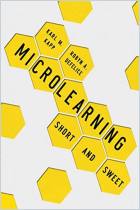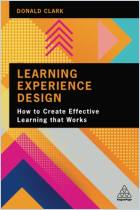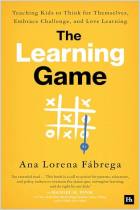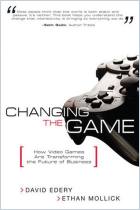In this comprehensive manual, instructional technology professor Karl M. Kapp delves into gamification in all its varied applications. Kapp heeds his own advice: He offers not just the “how” but also the “why,” giving readers procedural knowledge and creative wisdom. The book is repetitive and even awkward, but well informed and thorough. You’ll learn how to build a gamification team, inspire players to follow the game and learn, and develop the gamified education package that best fits your teaching goals. getAbstract recommends this utilitarian, forward-thinking guide to learning professionals who want a doorway into game-based teaching.
What’s in a Game?
Gamification is a powerful tool for delivering corporate training and education. Consider the formal definition of a “game” in an educational context: Such a game is a space where certain factors converge – “players,” “abstract” thinking, “challenge,” rules,” “interactivity,” “feedback,” “quantifiable results” and “emotional reaction” – all within a “system” that provides structure. Games are abstract – they exhibit only certain characteristics of real life – and they present a different reality. The element of challenge keeps the players pushing to achieve a particular goal. Rules structure the game’s reality. Interactivity in games occurs between a player and the game system and among players. Feedback – positive or negative – influences the players’ game behavior. Players react emotionally to different parts of the gaming experience. Since a game is a system, each of these factors influences the others.
Gamification uses these game-based dynamics to engage and educate an audience. Gamification presents an engaging aesthetic interface that affects how players experience a game. The most critical component of gamification is how it promotes “game...





















Comment on this summary or Comenzar discusión